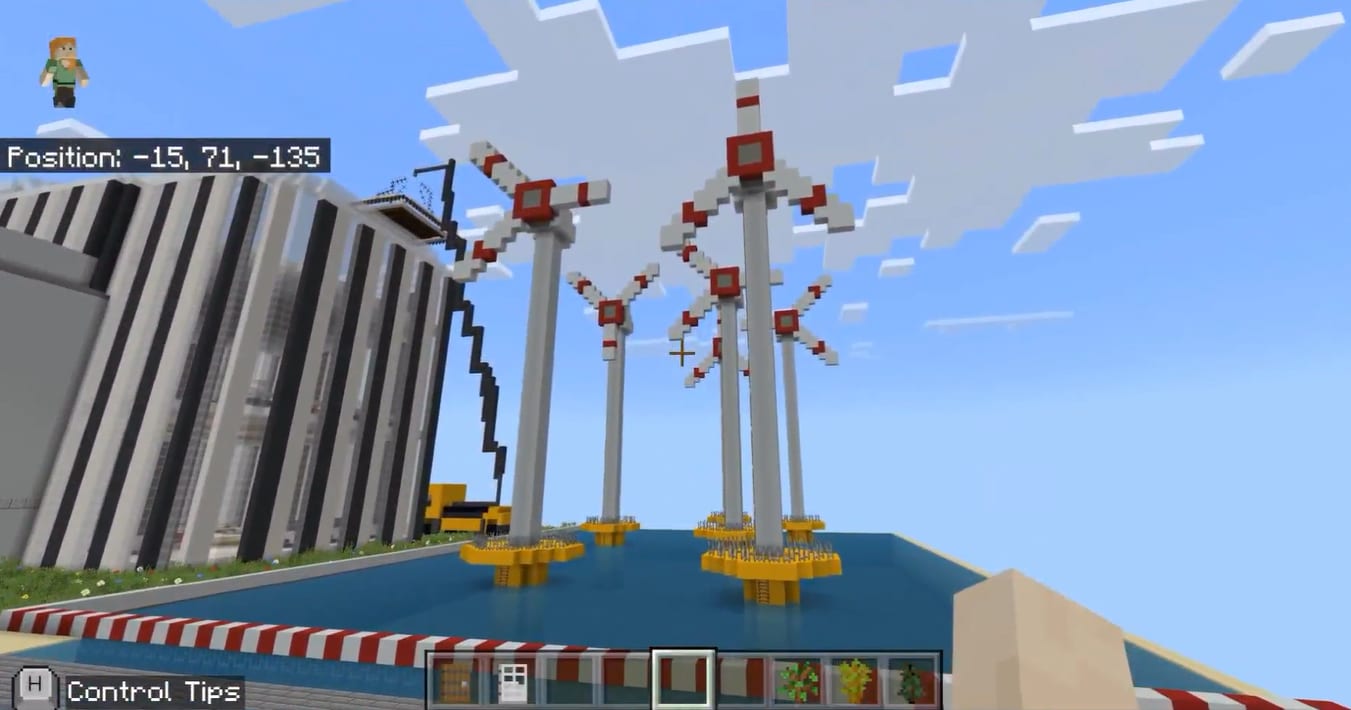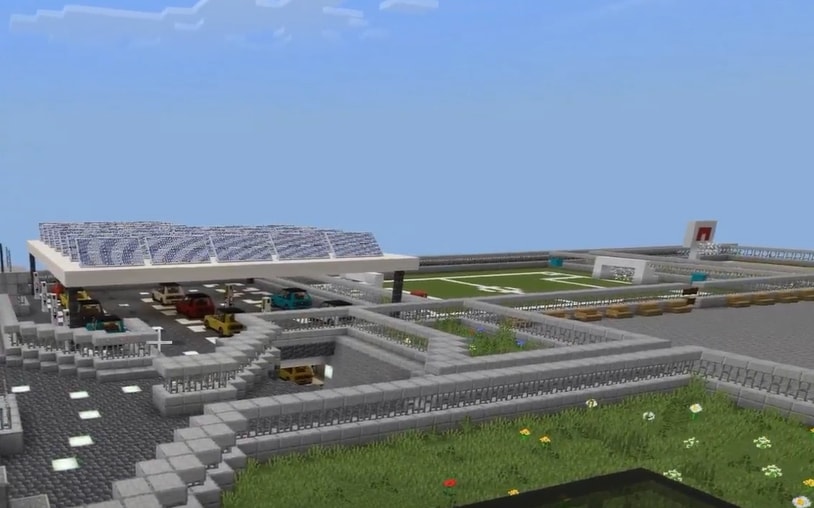Schools Reinventing Cities Toolkit: How Maltese Students are Reimagining their Future
18 Jul 2024

The Schools Reinventing Cities Toolkit is a collaborative initiative between Minecraft Education and C40 Cities. Its mission? To empower students worldwide to become active participants in climate action within their own cities. Through creative problem-solving and virtual design challenges, students envision a more sustainable, inclusive, and resilient future for their urban environments. Now that the Toolkit is open to every school and classroom on the planet, Minecraft Education and C40 Cities are inviting teachers, cities, and communities worldwide to download the toolkit and run their own build challenges. By doing so, they actively contribute to shaping sustainable urban futures and fostering creative solutions within their local contexts.
Malta, a small island nation in the Mediterranean, embraced the challenge. It's a country with fascinating history and architecture that can provide an amazing basis for young people to think about historic preservation and sustainability. As the first country to use the toolkit nationwide, Maltese students dove into the virtual world of Minecraft Education. Their creativity and commitment set an inspiring precedent for others to launch their own sustainability build challenge.





